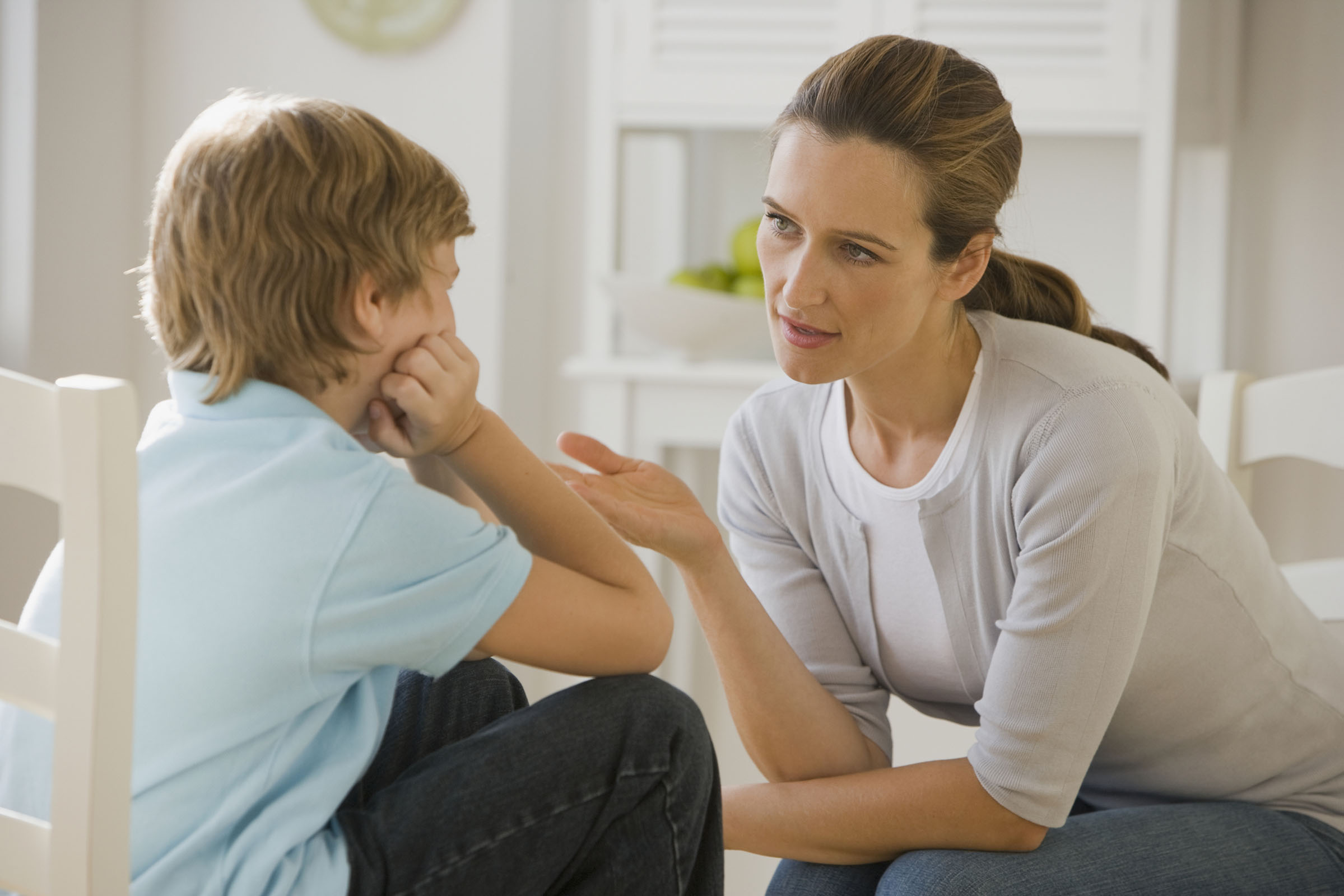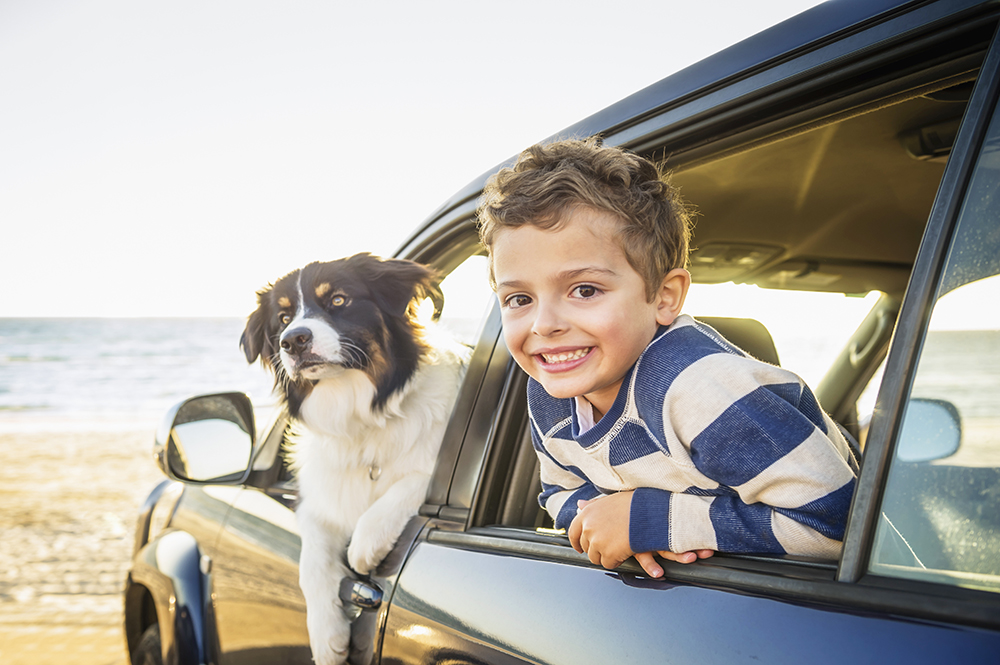It’s been five years since the February 22 earthquake, but the effects are still being felt by the people of Christchurch – and the city’s children.
Heather Henare, who is chief executive of Skylight – a national organisation supporting all ages through trauma, loss and grief – says for outside observers five years might seem like a long time, but for those still working through insurance claims and home repairs, and dealing with ongoing disruption on a day to day basis, reminders of the traumatic event are all around them.
“Healing and recovery from traumatic events will be different for everyone.
“Grief doesn’t follow a timetable, and reactions can be triggered off by different memories or reminders.”
Heather says dealing with trauma can be particularly difficult for children, who will most often want to know: Will this happen to me or to the people I know and care about?
Here are 10 helpful tips from Skylight about talking to your child when a terrible event has happened.
Remind yourself that your goal is to increase their sense of safety and security. Remember it’s not so much about what you say, but how you make them feel.
Listen to your child to learn how they think or feel about what’s happened. Watch their behaviour and their play. Check in with them. Ask them what they know. Gently correct any mistaken ideas about the event. Encourage questions and answer them. Let them lead the direction of the conversation if possible. If you’re asked why something happened, it’s okay to say if you don’t know why.
Keep it simple and honest.
Keep calm and patient. Some children need to keep asking the same questions as they try to figure out what’s happened.
Reassure them that feeling upset when something like this happens is okay and lots of other people will be feeling upset about it too.
Help them to see that when something scary or awful has happened, we can always see people who are helping. E.g. emergency services, local community people, friends and family, schools, doctors and nurses, and so on. This can be reassuring and helps to balance out the picture they have in their mind about the event.
Keep up routines and make extra time to spend with them. Extra hugs, reassuring smiles and eye contact are important. Bed time is often when good talks can happen.
Watch out for a wide range of reactions. Every child is different. Reactions can be physical, emotional, mental, behavioural or spiritual. Some children may become especially tuned in, anxious or sad about what happened. Others won’t at all.
Do something positive. As a family do something positive that reminds you all that life has good possibilities in it too. This can help them to get a sense of balance as they learn about the world – especially if it’s feeling less safe than it was before. It can also help them release some of their distress constructively.
Realise that sometimes a child’s reactions can arrive a long time after an event has happened. Questions may pop up weeks, months or even years later. This lets you know that your child has been processing the event in their own time, bit by bit, but that it’s troubling them. Whenever the questions or reactions come, support your child.
Skylight Trust has practical information and resources available for people facing stress, and helping children through tough times, on their website skylight.org.nz or call 0800 299 100.




